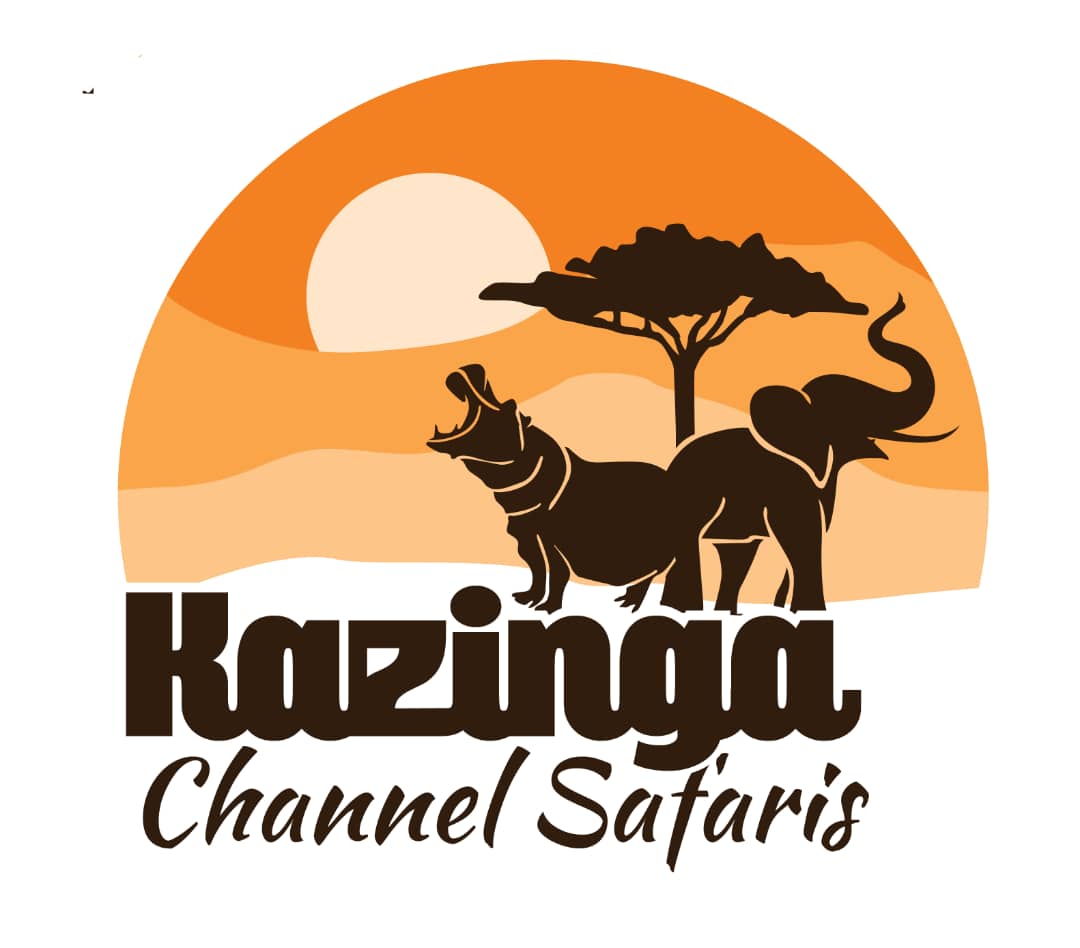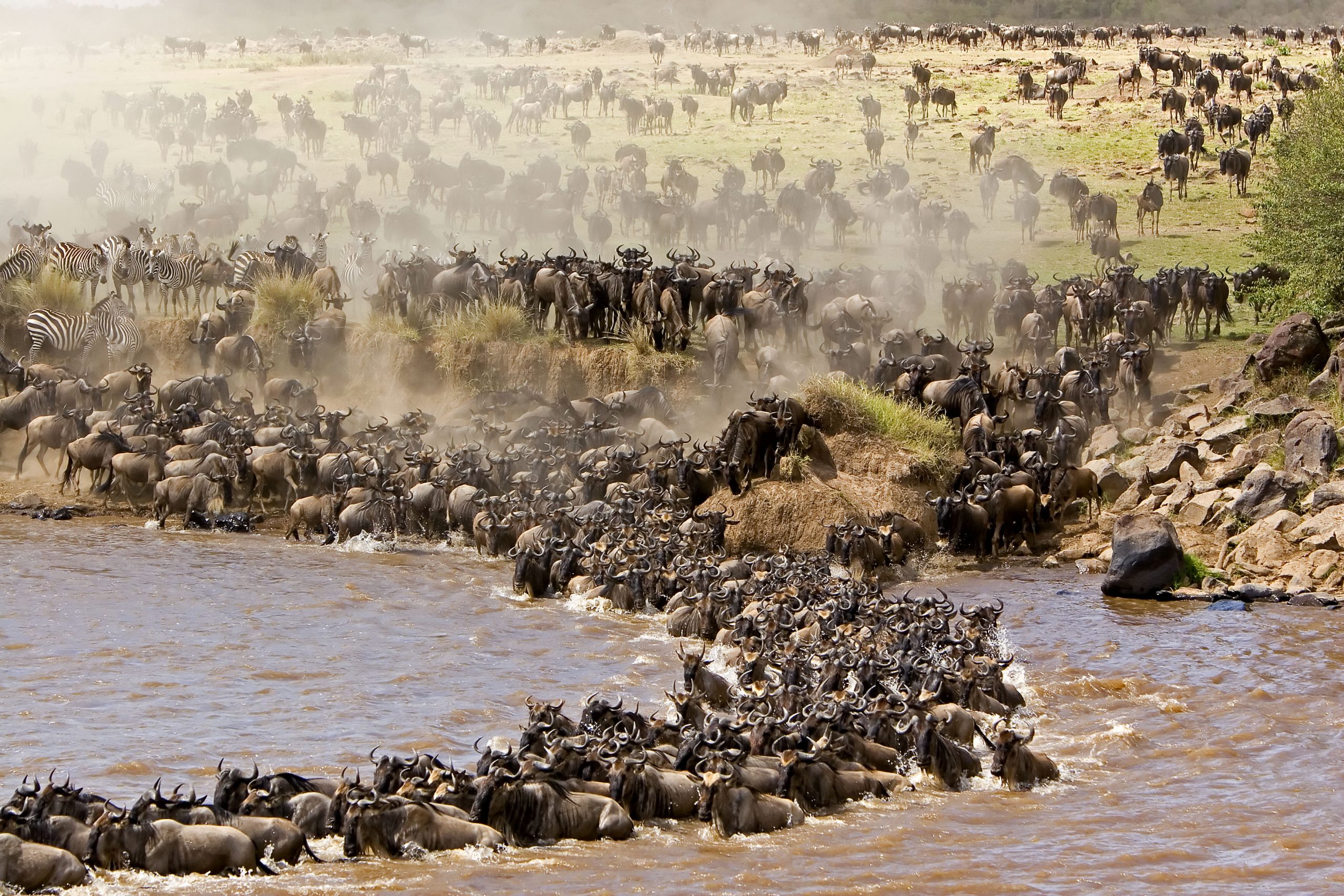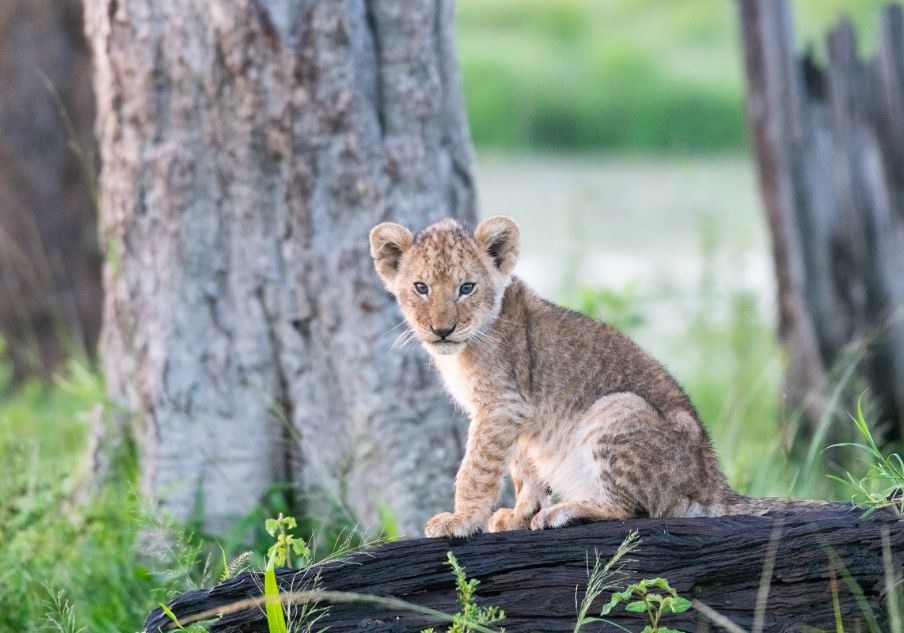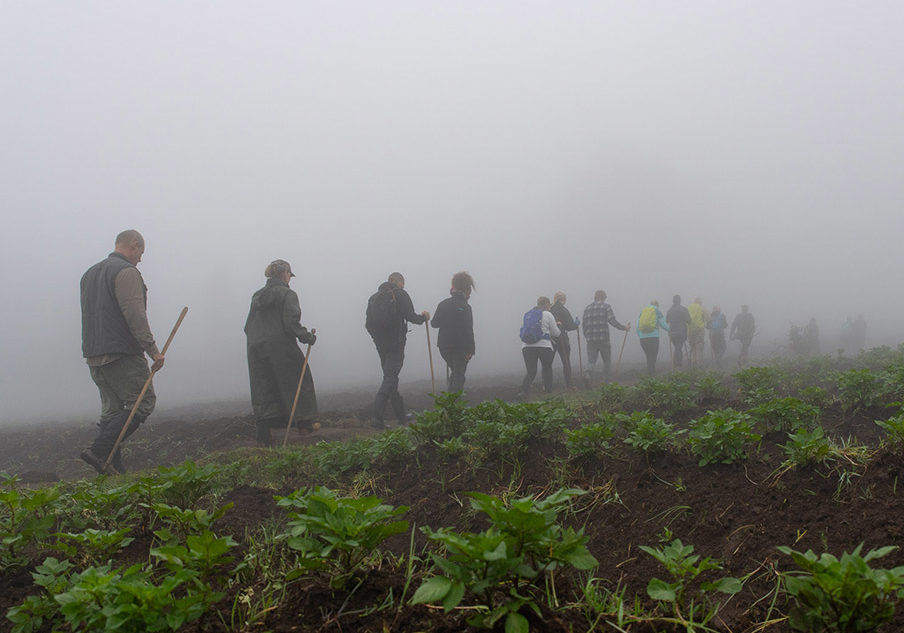Sustainable Tourism
KC Uganda Safaris travels in this format, including learning, and studies activities to reduce the negative effects on the environment. Or travel in the natural regions that participate in the view of the environment and at the same time protect the guest economically. It is defined in this formal journey that includes reinforcement and sustainable tourism.
According to IUCN 1996, the presentation of the environment is an environmental responsibility for relatively violent areas to enjoy nature and appreciation (and the nature of strengthening its conservation (and cultural benefits)).
Contact KC Safaris Uganda
Email: info@kcsafaris.com
Email 2: kcsafaritours@gmailc.om
Mobile: +256 772 608614
WhatsApp: +256 772 608614
It is defined as a visit. It has a low negative impact, offers a low negative impact, offers it, has a negative impact, and is provided by social and economic participation which is useful for residents.
Uganda Sustainable Tourism background
Sustainable Tourism, like in Uganda, is a new phenomenon in the world, dating back to the 1990s. Activities include nature walks, bird watching, village/community walks, woodland walks, butterfly watching, sport fishing, mountaineering/mountaineering, gorilla tracking, chimpanzee tracking, wildlife watching, boat rides, kayaking, canoeing, and panoramic views.
Nature photography, observation/walking of primates, and all other aspects related to nature, culture, and rural tourism. Uganda’s Sustainable Tourism destinations include all 10 national parks, nature reserves, game reserves, forest reserves, cultural events/centers, community wetlands, theme parks, resorts, and important bird habitats.
Current status and trends
With the development of activities such as gorillas, chimpanzees, bird detection, forest/nature walks, and cultural trails, Uganda is undergoing a transition from traditional tourism to responsible travel to environmentally sensitive areas and scientists are taking important measures to consider. The most active example of Sustainable Tourism initiatives in Uganda is KAFRED (Kibali Association for Rural and Economic Development). It is a community-based organization that is fully owned and managed by the local community.
It started with the main theme of protecting the Bigodi Wetlands (adjacent to Kibale Forest National Park) while promoting health, education, and economic growth in the wider community. 100% of the workforce is from the community, and the organization’s participatory planning includes Swamp side Residence members and representatives.
The project has contributed to the conservation of wetlands and the park in general and, by obtaining tourist reception, has contributed to improving the socio-economic level of the population. Construction of a watery walk. Development of conservation activities in primary schools of districts such as Bigodi, Busabura, Busiribah, and Qingqin. Training of local guides, education, and support of women’s groups such as Bigodi Women’s Group and Enyange Drama Actors All this has improved the image of the area and sensitized the local population.
Advantages of Sustainable Tourism in Uganda
The benefits of Sustainable Tourism are divided into three; All ecological, economic, social, and cultural benefits. Below are the general benefits of Sustainable Tourism for host communities and governments.
- We will undertake environmentally friendly activities and protect natural resources.
- Employment for residents to work as guides and staff in parks and other facilities adjacent to the resource.
- Increase your family income by selling handicrafts and other food items.
By involving the local population in participatory planning programs and channeling the proceeds of tourism into community projects, it promotes awareness and improvement of social infrastructures such as schools, libraries, and health facilities.
Improve access to local communities and reduce feelings of isolation for residents. You can keep pride, gratitude, understanding, and mutual respect, increase the self-image of guests and tourists and preserve local traditions.
We challenge the government environment from all over the world
The next problem is a disability to develop environmental tourism in most fatal countries in the world.
- It is difficult to maintain the resources of environmental tourism due to the lack of awareness of the premises and in some cases.
- explanation of environmental tourism and environmental tourism activities. A sufficiently qualified and attentive employee and understanding (in particular public employees) and guarantee a budget for the development of environmental tourism. A difficult problem
- Most countries and other areas involved in many environments do not have standards or clear instructions on the implementation of environmental tourism in the conservation of national nature.
- Government intervention has a problem aware of the management of national parks, wild animals, other means, and/or environmental tourism activities. For instance; undermine Sustainable Tourism resources to promote industrialization and urban development in most destination countries.
Sustainable Tourism KC Uganda Safaris concept
KC Uganda Safaris defines Sustainable Tourism as “a type of tourism that involves traveling to natural areas for learning, researching or participating in activities that seek to reduce negative impacts on the environment, while supporting host communities and strengthening the travels “.
KC Uganda Safaris Mission
Traditional tourists by separating nature, adventure, culture, education, and wild ethics, alleviating the environment, exploring the boundaries of the specialized market that relieves the environment in addition to responsibilities and green reality. To strengthen the transition to future market trends
KC Uganda Safaris offers a travel experience that helps travelers to understand the unique and natural environment in Uganda. We offer specialized tours for small groups; we bring them to the codes in the natural regions of Uganda and interpret the unique environment and culture of the people of Uganda in the interpretation of cultural and environmental sources. You can see it. It also focuses on helping travelers develop a better instinct about how to travel and how to appropriately contribute to Uganda’s environmental protection, cultural survival, and other important sustainable development issues.
Uganda’s Sustainable Tourism activities we specialize in include forest/nature walks, village walks, bird watching, community / rural tourism, eco camping, wildlife observation, primate monitoring (mountain gorilla, chimpanzee, golden monkey), rock climbing, mountain hiking, cultural tourism, tourism, nature and wildlife photography, cycling, rafting, bungee jumping, bush camping, etc.
Contact KC Safaris Uganda
Email: info@kcsafaris.com
Email 2: kcsafaritours@gmailc.om
Mobile: +256 772 608614
WhatsApp: +256 772 608614
Uganda Safaris & Tour Holiday Ideas
You can book our Uganda safari tours and holiday ideas as they are or as part of a tailor-made itinerary. Just speak with our team.






